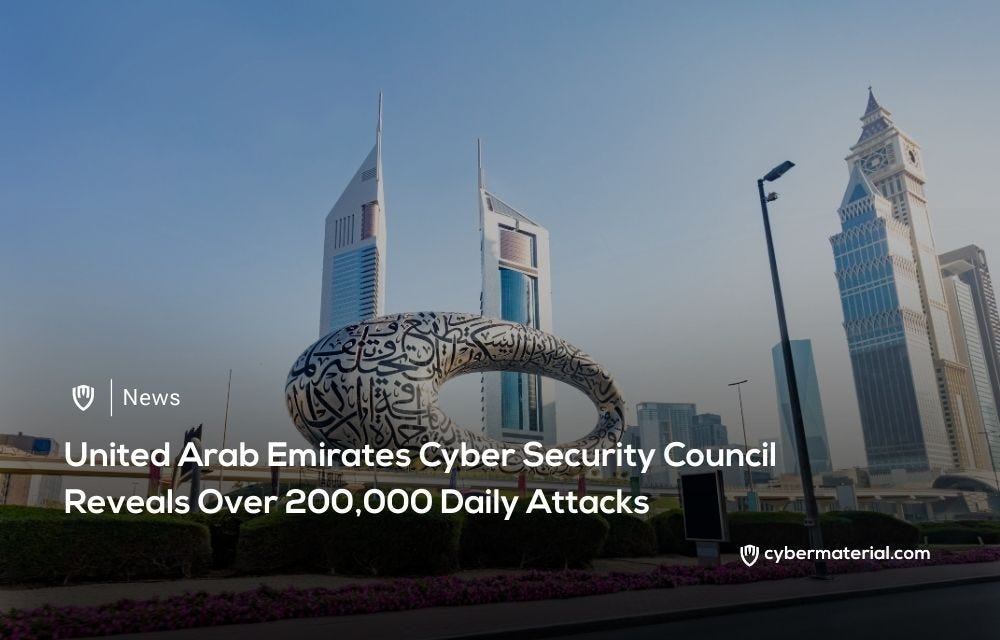
The UAE Cyber Security Council has disclosed that the country is currently facing over 200,000 cyberattacks daily, originating from cyberterrorist groups across 14 different countries. These attacks …

The UAE Cyber Security Council has disclosed that the country is currently facing over 200,000 cyberattacks daily, originating from cyberterrorist groups across 14 different countries. These attacks …